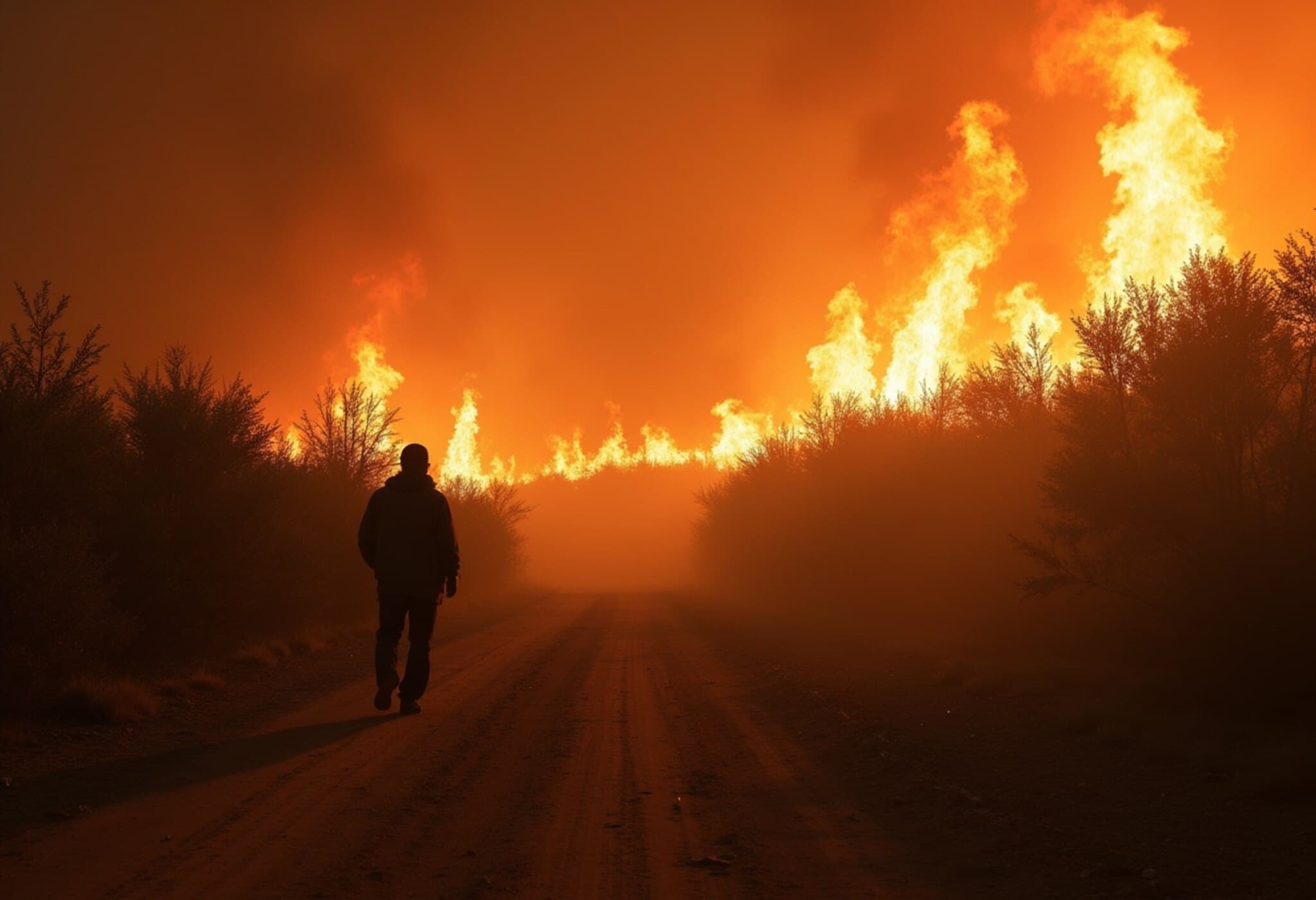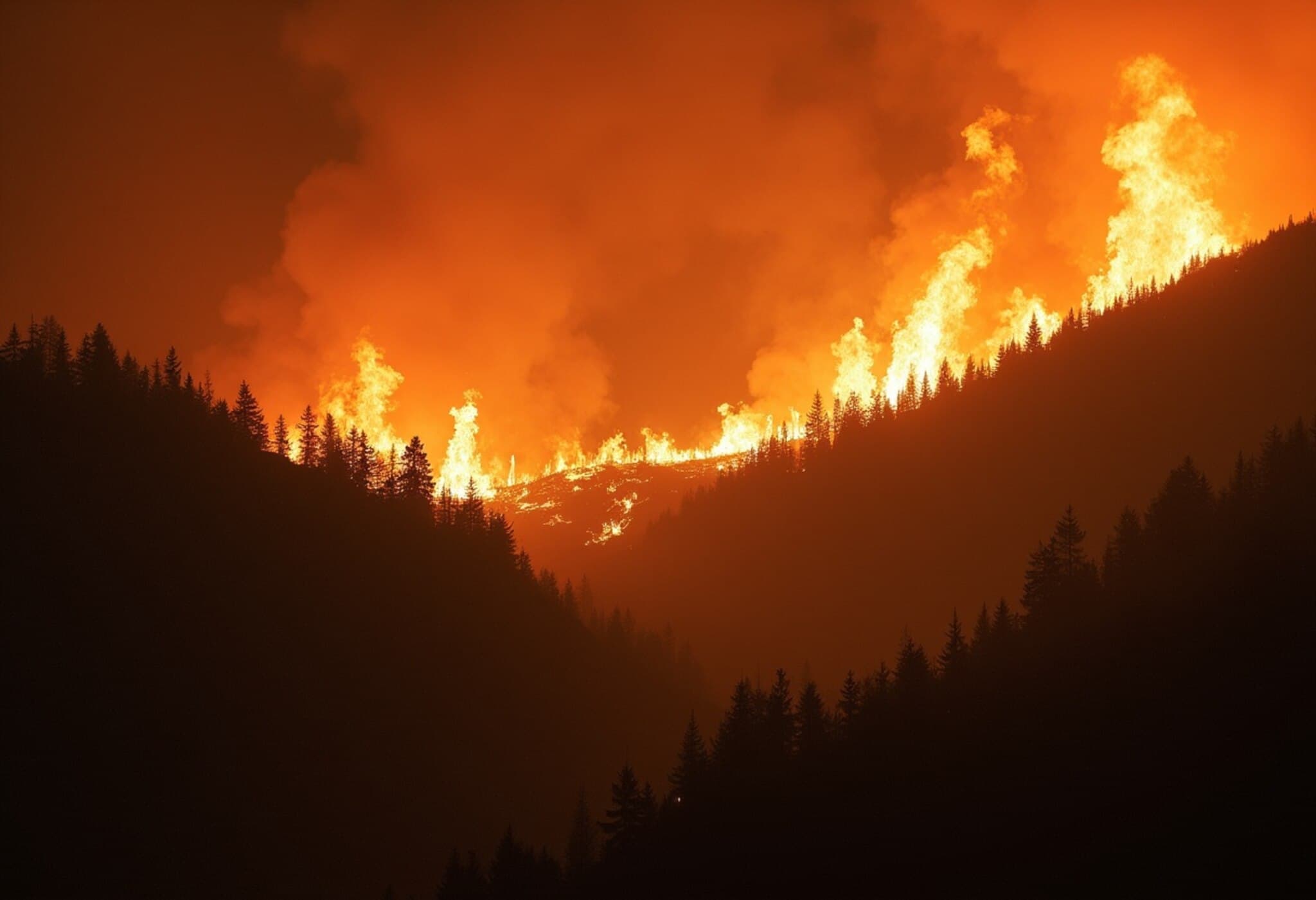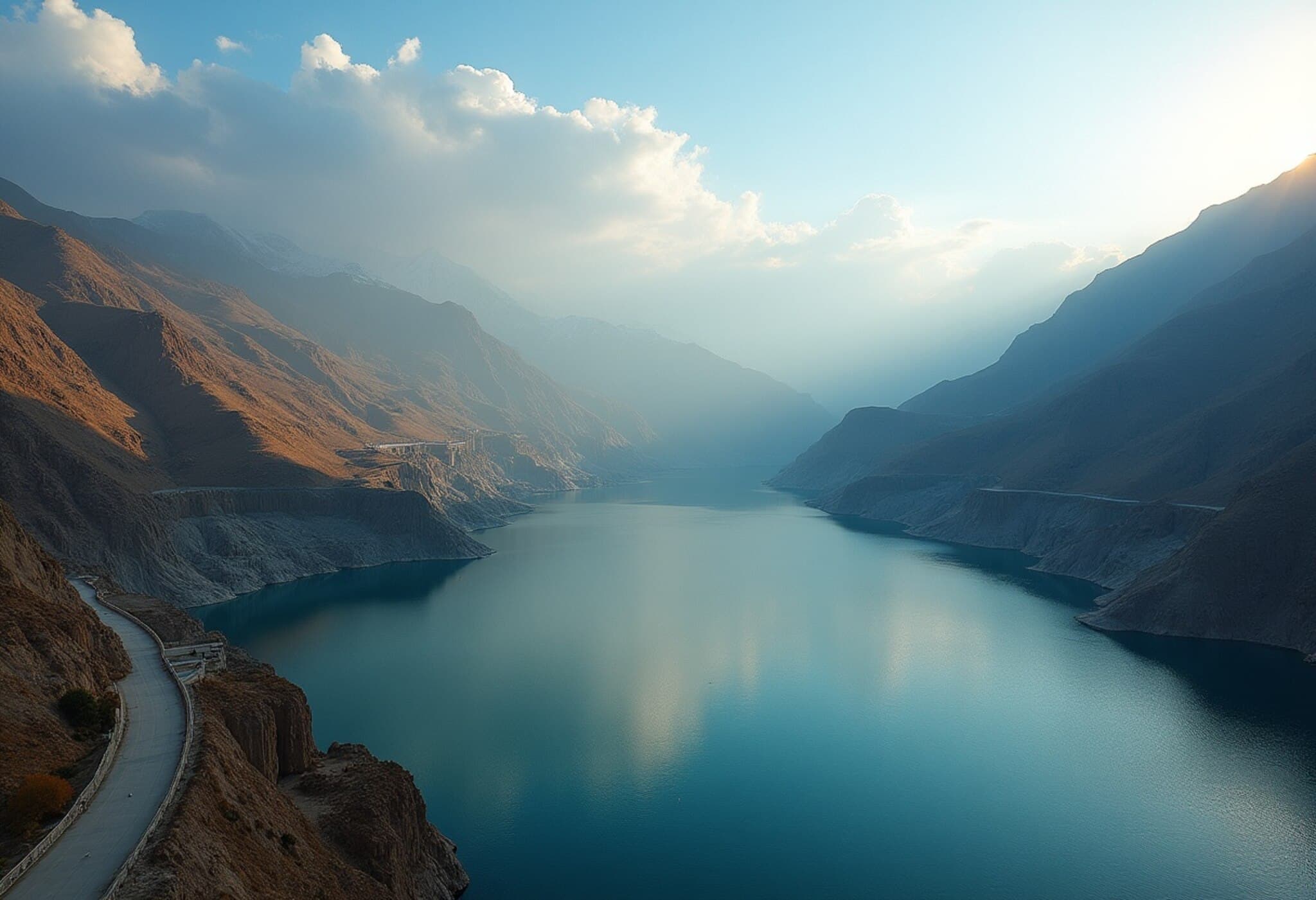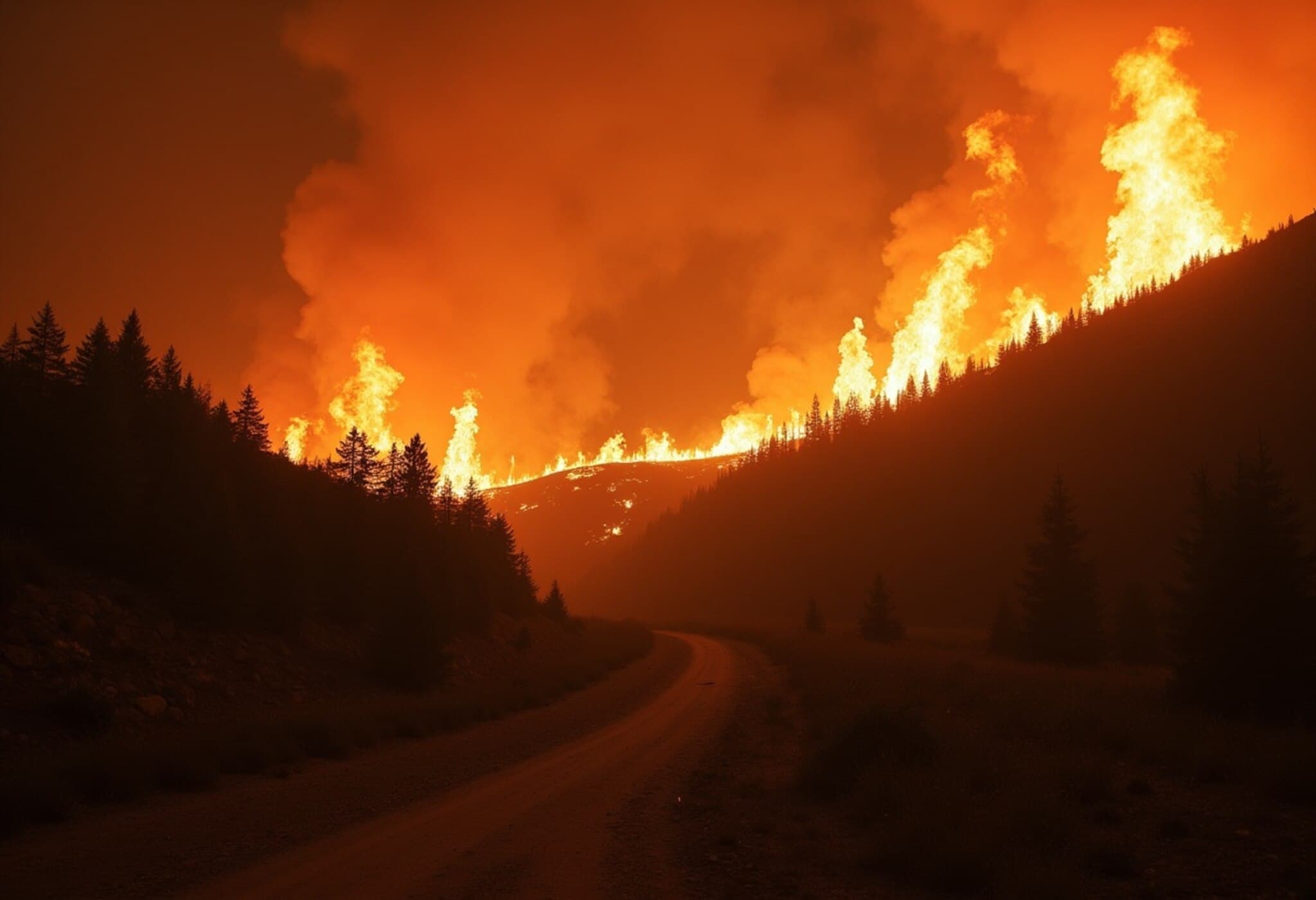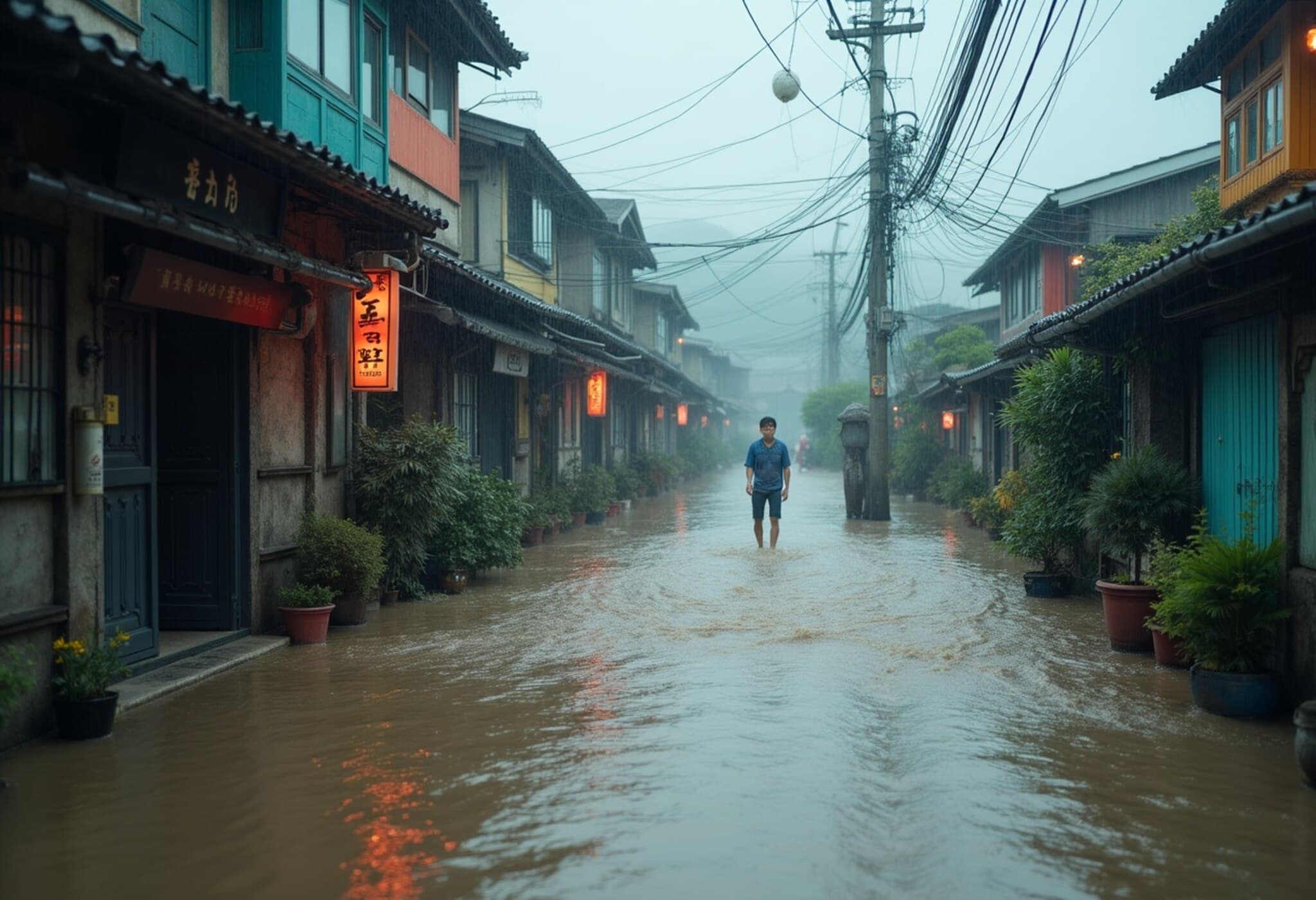International Court of Justice Declares Climate Inaction Illegal
In a groundbreaking advisory opinion issued in July 2025, the International Court of Justice (ICJ) declared that countries could be violating international law by failing to take adequate measures against climate change. This landmark ruling, prompted by a request from the United Nations General Assembly in 2023, underscores that every individual holds a fundamental right to a healthy and sustainable environment.
Key Findings and Legal Implications
The ICJ’s detailed opinion, spanning over 500 pages, addressed two pivotal legal questions: what duties states have to protect the environment, and what consequences arise if they neglect these responsibilities. The court affirmed that ignoring climate change can amount to a "wrongful act" under international law — a revelation with profound implications.
Yuji Iwasawa, presiding over the court, described climate change as an "existential problem of planetary proportions," warning nations that inaction may be tantamount to legal wrongdoing. Furthermore, the ICJ opened the door for potential reparations to vulnerable countries, particularly those already suffering the dire consequences of environmental degradation.
Voices from Vulnerable Nations
The case was spearheaded by Vanuatu, a Pacific island nation facing existential threats from rising seas and extreme weather. Supported by over 130 states, Vanuatu’s leadership emphasized their people’s survival depends on urgent global action. "Our homes, culture, and very existence are on the line," stated Vanuatu’s attorney general, highlighting the direct human cost behind the legal arguments.
The Wider Context: Building Momentum in Climate Justice
This ruling comes amid a growing tapestry of climate accountability judgments worldwide. For example:
- The Inter-American Court of Human Rights recently mandated nations to prevent environmental harm and restore ecosystems.
- The European Court of Human Rights echoed similar principles, reinforcing environmental rights as human rights.
- In 2019, the Dutch Supreme Court set a precedent by compelling its government to protect citizens from climate risks.
While the ICJ’s opinion is advisory and non-binding, its moral and legal weight could reshape international climate law, influencing lawsuits, investment policies, and diplomatic negotiations.
Opposition and Challenges
Some countries, including the United States and Russia, opposed court-mandated emission reductions, reflecting ongoing geopolitical tensions surrounding climate commitments. Nonetheless, the ruling amplifies pressure on nations to align their policies with international human rights and environmental standards.
Expert Commentary: A Turning Point in International Climate Law
Legal analysts view the ICJ's decision as a historic milestone that bridges environmental protection with human rights frameworks. By framing a healthy environment as an inalienable right, the court equips activists, lawmakers, and courts worldwide with a powerful tool to demand accountability.
Moreover, the ruling underscores the concept that climate responsibility transcends borders — no nation is immune to the consequences of collective inaction. This perspective encourages collaborative international strategies while holding polluters liable.
Looking Ahead: Policy and Legal Ramifications
The ruling invites governments to reassess climate strategies through a legal lens, possibly influencing:
- Stricter enforcement of emission targets internationally;
- Recognition of climate damages as justiciable claims in courts;
- Increased support for vulnerable nations facing climate disasters;
- Integration of environmental rights into constitutional and international law frameworks;
- Greater scrutiny of corporate environmental practices under human rights obligations.
The Human Dimension
Beyond legalities, the ICJ’s verdict resonates on a deeply human level. It acknowledges the suffering inflicted by climate crises particularly on marginalized communities who have contributed least yet bear the greatest burdens. This injects an ethical imperative into climate discourse, challenging policymakers to prioritize equity and justice.
Editor’s Note
This ICJ advisory opinion marks a pivotal shift in how climate change is approached within international law and diplomacy. While not yet binding, it establishes a persuasive normative framework recognizing the right to a healthy environment as fundamental. It raises critical questions: How will nations reconcile economic interests with legal and moral responsibilities? What mechanisms will ensure reparations reach vulnerable populations? And how will this influence upcoming global summits and treaties?
For the United States and other major emitters, the ruling spotlights increasing legal pressure to lead decisively on climate action. At the same time, it empowers smaller nations and civil society globally to seek justice and acknowledgment of their plight.
As climate disasters multiply and public awareness grows, the ICJ’s message is clear: the era of passive denial and delayed responses is coming to an end. Legal frameworks are evolving to match the urgency of the crisis — it’s now up to the global community to translate rulings into real-world solutions.


